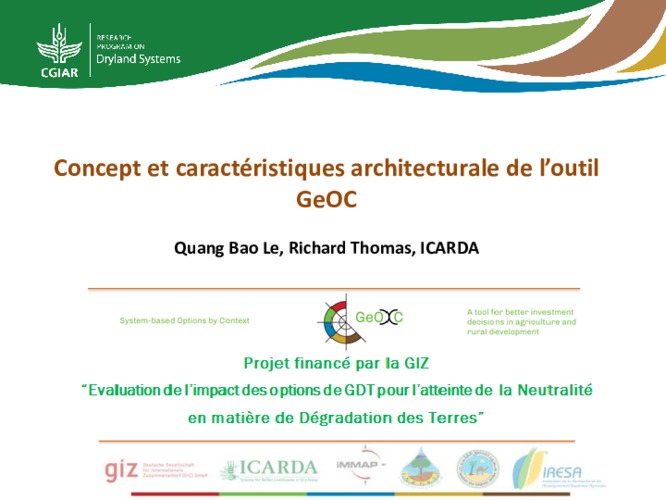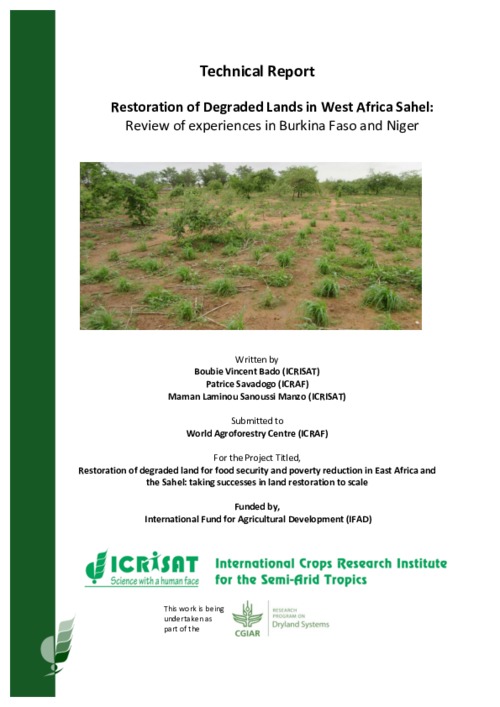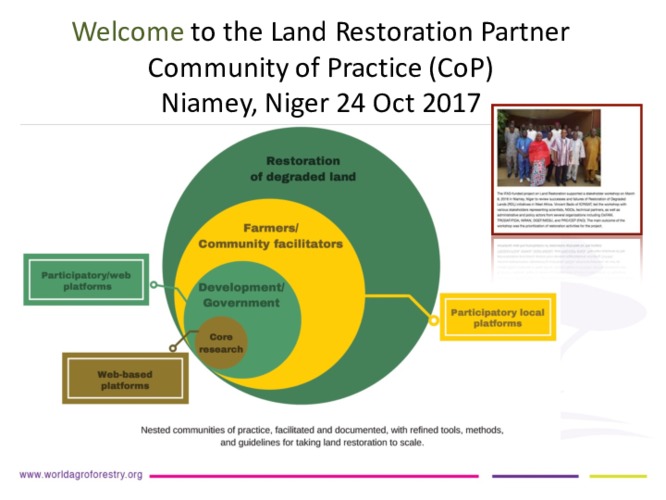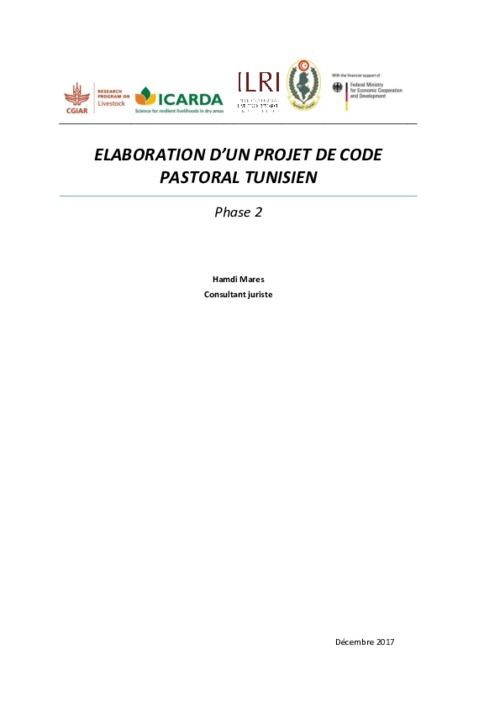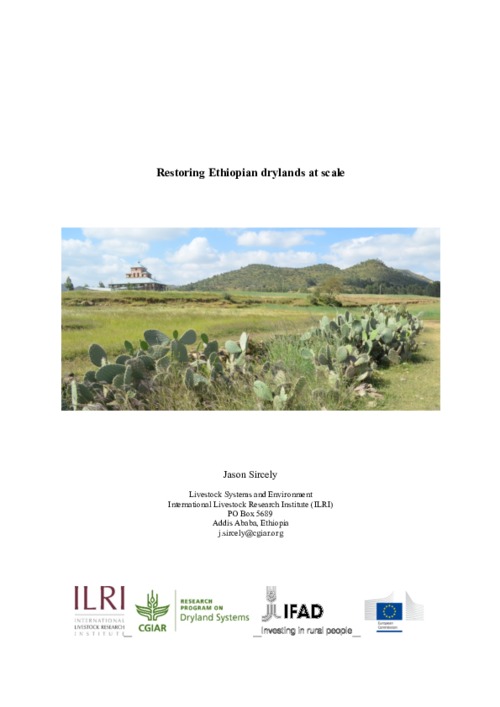Identifying Women's needs related to rangeland governance
This template is related to the study "Identifying Women's needs related to rangeland governance". The purpose of this study is to explore gender roles, relations, constraints and opportunities in livestock production in interdependent agricultural systems of Tunisia, constituting of forest, rangelands and/or agriculture. Overall, there is very little research conducted on gender issues (such as roles, relations, and responsibilities) in agriculture in Tunisia, even less so in rangelands.


